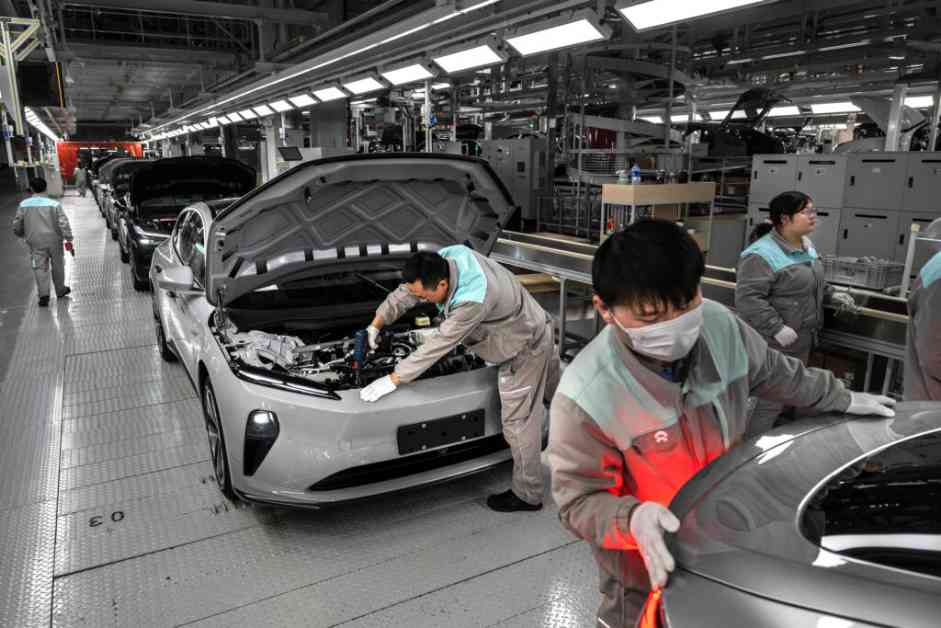Trump’s EV Policies: A Detriment to America’s Electric Vehicle Future
In a recent interview with green transportation journalist Jim Motavalli, the negative impact of President Donald Trump’s executive orders on electric vehicles (EVs) was discussed in depth. Trump’s decision to roll back the Biden administration’s goal for half of vehicles sold in America by 2030 to be electric has caused uncertainty in the U.S. auto industry. This move, coupled with the elimination of the $7,500 EV tax credit and federal funding for charging stations, may have far-reaching consequences on the future of EV adoption in the country.
Industry Response to Trump’s Orders
During a test drive of an electric Jeep in San Diego, Motavalli gathered insights from industry insiders who expressed concerns about the potential loss of the federal income tax credit for EVs. Automakers are wary of the impact on EV prices and the competitive pressures they face in the market. The uncertain business climate and challenges in predicting demand for EVs have created a tough market for manufacturers.
Political Implications of Trump’s EV Policies
Motavalli highlighted the political undertones of Trump’s decisions against EVs, emphasizing that cars are not inherently political and should not be viewed as such. By eliminating incentives for automakers to build EVs in the U.S., Trump’s policies may inadvertently discourage investments in American manufacturing plants. This could hinder the country’s ability to compete with global leaders in EV technology, such as China.
Impact on California’s EV Policies
California, a pioneer in promoting EV adoption, has clashed with the federal government over fuel economy standards. Despite Trump’s attempts to curtail California’s autonomy in setting separate standards, the state remains resilient in its commitment to advancing EV policies. Legal battles between California and the federal government are likely to continue, showcasing the state’s steadfast dedication to sustainable transportation initiatives.
Future of U.S. Electric Vehicle Competitiveness
Looking ahead, Motavalli expressed concerns about the U.S. falling behind other countries in EV adoption and leadership. With China and European nations rapidly embracing EV technology, the U.S. risks losing its competitive edge in the global EV market. The potential consequences of Trump’s policies on EV tariffs and funding allocation could further hinder America’s progress towards a sustainable transportation future.
As the landscape of electric vehicles continues to evolve, it is crucial for policymakers, industry leaders, and consumers to consider the long-term implications of policy decisions on the future of transportation. With advancements in EV technology and growing global demand for sustainable mobility solutions, the U.S. must navigate these challenges with foresight and innovation to remain a key player in the electric vehicle market.














